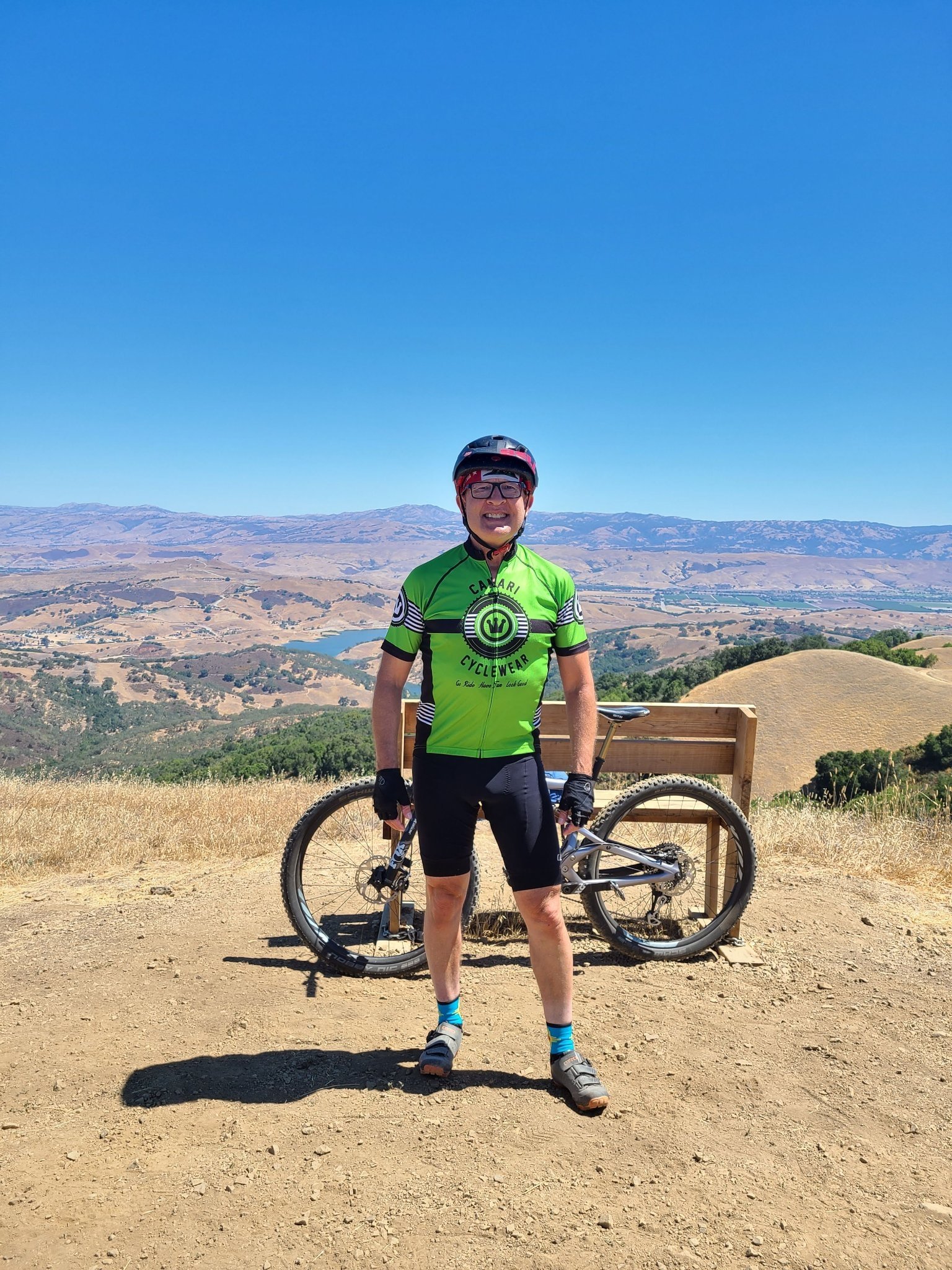
Ted Stroll was born in Vancouver, Canada. He earned a bachelor's degree from Williams College in 1978, a graduate degree from Columbia University in 1983, and a law degree from the University of California, Berkeley, School of Law in 1987. His career experience includes working as a judicial staff attorney in the California Supreme Court and the California Court of Appeal and translating Spanish, Portuguese, and French. Stroll as been affiliated with the Sustainable Trails Coalition.
To solve homelessness, we have to be precise in applying the goals of “housing ï¬rst” and “affordable housing” to street dwellers’ grim situations. What we call homeless encampments are also open-air drug markets, some on a large scale.
Many focus on the rights of the campers and minimize the camps’ corrosive public effects: ï¬res, blight, crime, addiction, mental anguish, and poverty. I understand that people debate which came ï¬rst: homelessness and poverty followed by drug use and mental illness, or vice-versa. But either way, we cannot continue this way. Currently, unhoused people brain-damaged by drugs or otherwise seriously mentally ill can only be asked to accept treatment along with a type of housing, and if they refuse, as many do, they’re neither treated nor housed, because state law makes it almost impossible to require them to do what both they and the rest of the community needs. This must change.
Incumbents in Sacramento have proposed legislation that weaken our state’s criminal laws. For example, they tried to reduce the penalty for certain injury-causing muggings to the minor crime of petty theft. They also tried to all but eliminate extra prison time that currently must be served when a felon uses a gun in a serious crime, including to kill someone with it. I will oppose such mistakes. We also need to tackle serious traffic violations like street racing and wild speeding. These are not problems unique to us, e need to learn from other communities who are implementing new solutions.
Energy costs are too high, water is becoming scarcer, and the electrical grid can’t keep up with demand. We must improve our energy and water infrastructures.
A legislative proposal for the state to take over health care, accompanied by enormous tax increases, was rushed along with little debate. It failed, but it is likely to be revived.
What if providers like Kaiser Permanente no longer exist, a state budget crisis leads to health-care cuts, and you have to wait months to be helped for back pain or fading eyesight?
The current healthcare system isn’t perfect, but with employer-provided insurance, Obamacare and Covered California we have made a lot of progress. At last report, 94% of Californians had health insurance. Let’s collaborate to make healthcare coverage even better.